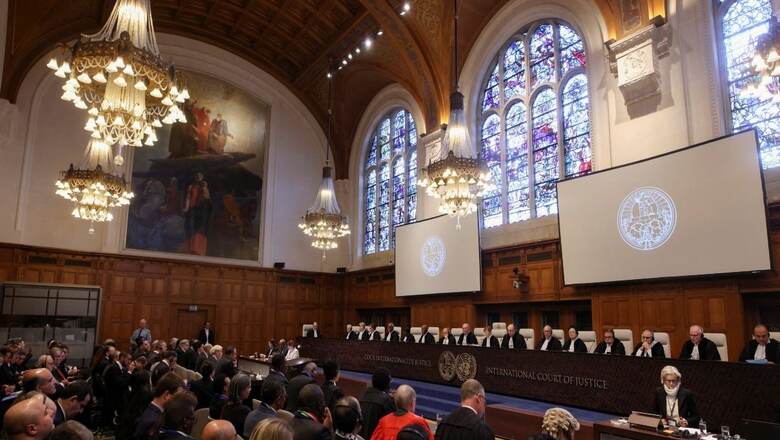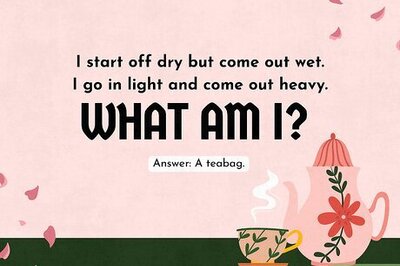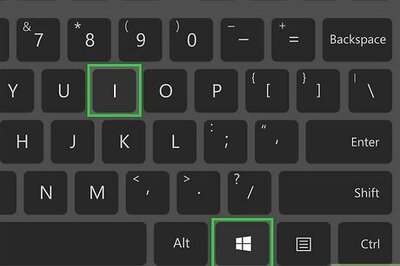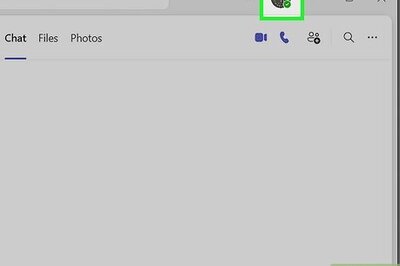
views
As the International Court of Justice (ICJ) commenced hearing South Africa’s genocide case against Israel on January 11, issues surrounding the competence of the ICJ, the enforceability of its judgement, and the options in case Israel does not adhere to the judgement have assumed significance. According to existing international law, genocide is a jus cogens norm of international law. Jus cogens norms are those which protect the basic value of human civilisation or core to humanity in general. Therefore, genocide is a global norm and needs protection.
If genocide is happening in any place on Earth, every state has the responsibility to protect and stop such acts by any means. States can approach ICJ by virtue of the principle erga omnes (responsibility of everyone) to protect the core principle of humanity. By erga omnes and jus cogens principle of international law, South Africa or any other state has the right to move to ICJ against Israel.
In the current scenario, South Africa brought a case against Israel to the ICJ under the UN’s 1948 Genocide Convention. In its application, South Africa argued that Israel, in its ongoing Gaza assault, has transgressed from the provisions of Article 2 of the Genocide Convention. This article defines the term ‘genocide’ to mean “acts committed with intent to destroy, wholly or partly, a national, ethnic, racial, or religious group”. The ICJ will eventually decide whether Israel is committing genocide or not, which may take years. But first, it will decide whether it has jurisdiction on this matter and whether the alleged acts fall under the 1948 Convention.
The ICJ held a two-day hearing to decide whether it will order “provisional measures” (the equivalent of seeking urgent interim relief in pending cases in Indian courts) in a case that South Africa has filed against Israel for violating its obligations under the Genocide Convention concerning Palestinians in Gaza. The ICJ is the principal judicial organ of the United Nations that settles legal disputes between States in accordance with international law. It is not a criminal court, and it does not try individuals.
The ICJ cannot automatically decide all cases involving breaches of international law. It can only decide cases that are brought before it by States that consent to its jurisdiction. The Convention on the Prevention and Punishment of the Crime of Genocide is an international human rights treaty that codified the crime of genocide for the first time. The Genocide Convention was the first human rights treaty adopted by the UN General Assembly on December 9, 1948, and has been in effect since January 12, 1951.
The Convention defines genocide as five acts including killing members of a group; causing serious bodily or mental harm; inflicting on the group conditions of life calculated to bring about their physical destruction; imposing measures intended to prevent births within a group; and forcibly transferring children of the group to another group committed with intent to destroy, in whole or in part, a national, ethnic, racial, or religious group.
In the past, the ICJ gave its legal opinion on the construction of Israel’s wall in the West Bank. The issue of Israel-Palestine’s ongoing war has historical roots as Palestine’s borders have arisen from agreements that Israel signed with both Jordan and Egypt in 1949. Palestine was divided into the state of Israel (including West Jerusalem), the West Bank (including East Jerusalem), and the Gaza Strip which is the site of the ongoing war.
The emphasis of the ICJ through its provisional measures must be to emphasise a human needs perspective to conflict resolution. Such an approach focuses on the needs for identity, security, recognition, dignity and justice. Having in place such an approach is of great significance because, in the ongoing war between the Israel and Hamas militants, it is the human rights of the Palestinians that are being violated.
Going forward, if Israel does not adhere to the judgement of the ICJ, then the only option left for South Africa would be to approach the Security Council under Article 94 of the UN Charter which states that if a party to a case fails to perform the obligations incumbent upon it under a judgement rendered by the Court, the other party may have recourse to Security Council, if it deems necessary, make recommendations or decide upon measures to be taken to give effect to the judgement.
Abhinav Mehrotra is Assistant Professor and Dr Biswanath Gupta is Associate Professor at OP Jindal Global University. Views expressed in the above piece are personal and solely that of the author. They do not necessarily reflect News18’s views.



















Comments
0 comment